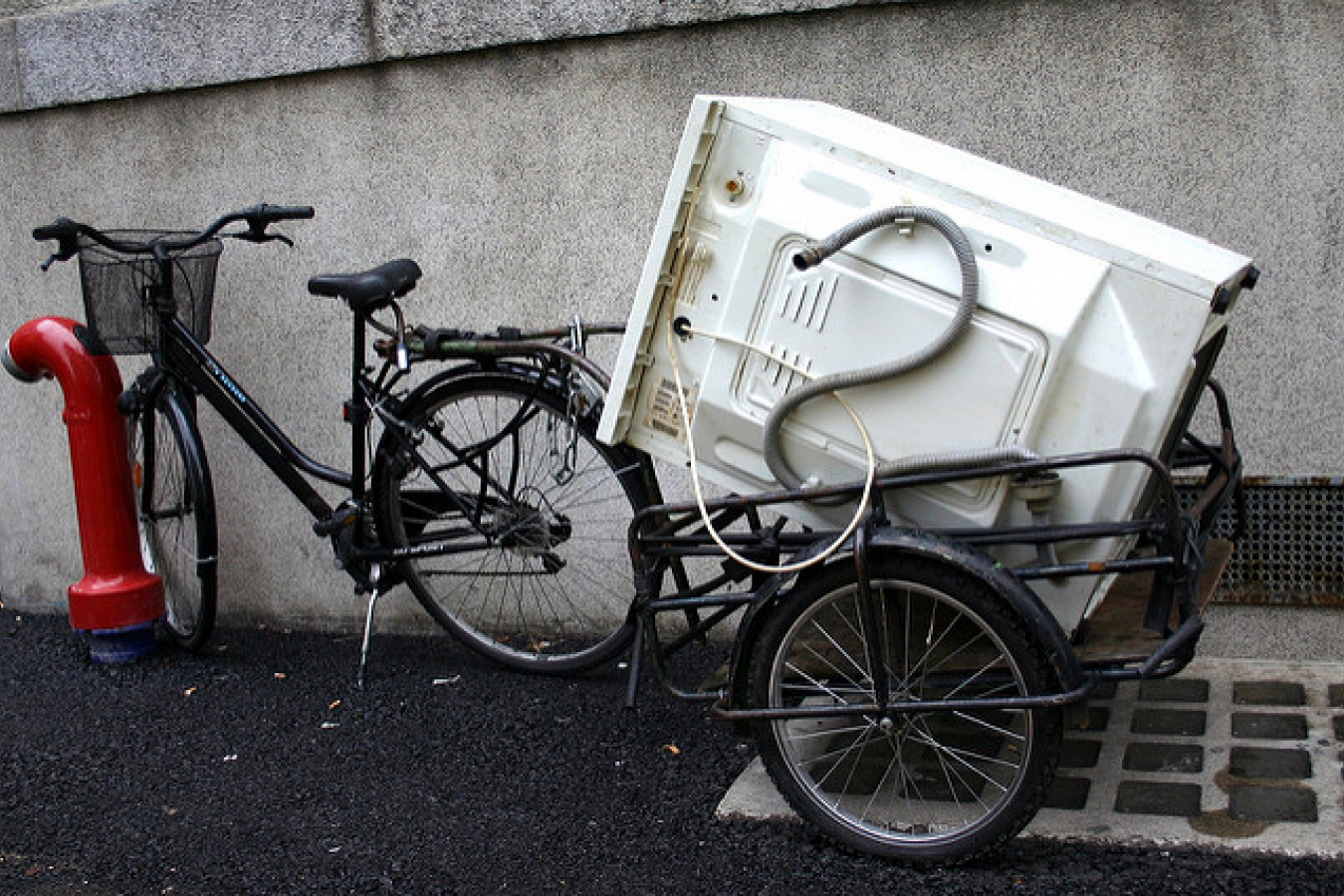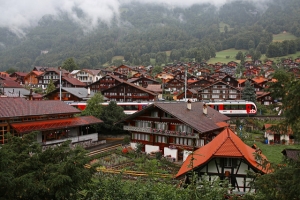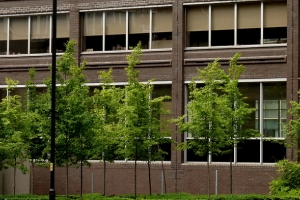Support migrant centric journalism today and donate

Switzerland will hold a referendum on 9th February 2014 on whether to impose quotas on the number of immigrants it will accept from European Union countries.
The Swiss government is recommending that the people reject the proposal but the right wing, anti-immigration Swiss People's Party (SVP) is recommending a 'yes' vote.
The Swiss Foreign Minister Didier Burkhalter told a press conference that a 'yes' vote would be likely to lead Switzerland to breach bilateral treaties with the EU allowing free movement of workers between Switzerland.
It would therefore be likely to jeopardise Swiss-EU relations he said.
Swiss minister fears curbs would lead to retaliation
The Swiss economic minister Johann Schneider-Ammann said 'Swiss businesses…would be faced with new hurdles when exporting their goods to the EU market', Reuters reports.The Swiss political system involves a much greater use of referendums than any other modern political system. A referendum is held before any major change in the law is introduced.
The Swiss people have already voted in 13 referendums in 2013. Most recently on 24th November, it was announced that they had rejected a proposal to introduce a cap on executive pay.
Swiss businesses employ many EU nationals
Switzerland is not part of the EU but is surrounded by countries which are. Its major businesses such as the drug firms Roche and Novartis and the banks Credit Suisse and UBS do most of their trade with the EU. Swiss businesses also recruit many highly skilled individuals from EU countries.Switzerland has a very high rate of immigration. In 2005, according to the Swissworld website, one third of people living in Switzerland were either immigrants or the children of immigrants. In 2008, 21.7% of the resident population comprised foreign nationals.
This has led to some resentment. The SVP claims that mass immigration has led to high crime and an increased cost of living for native Swiss citizens. In 2006, 86% of foreign residents in Switzerland came from the EU. Nearly a quarter of these were born in Switzerland but retain their parents' nationality.





















